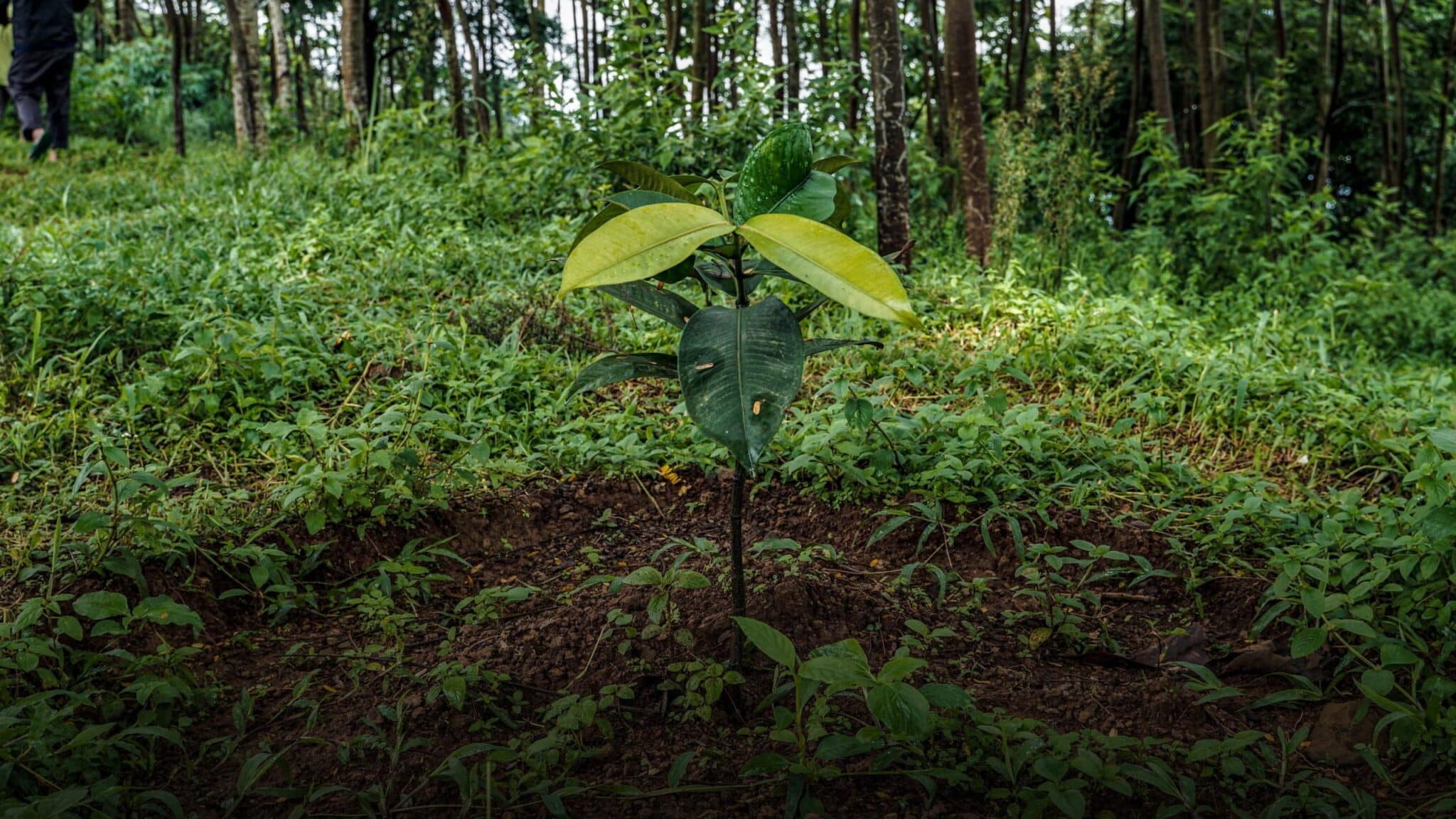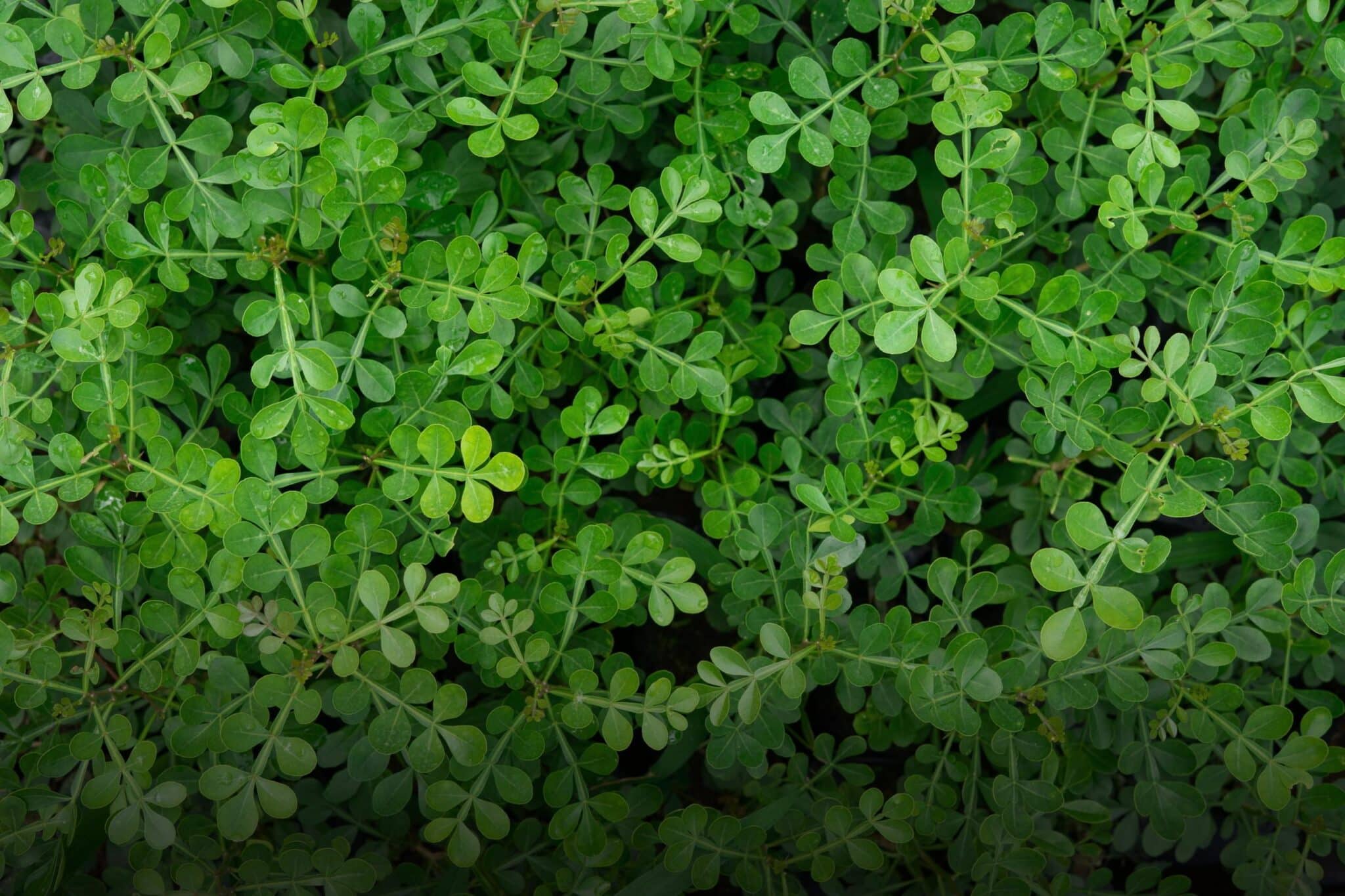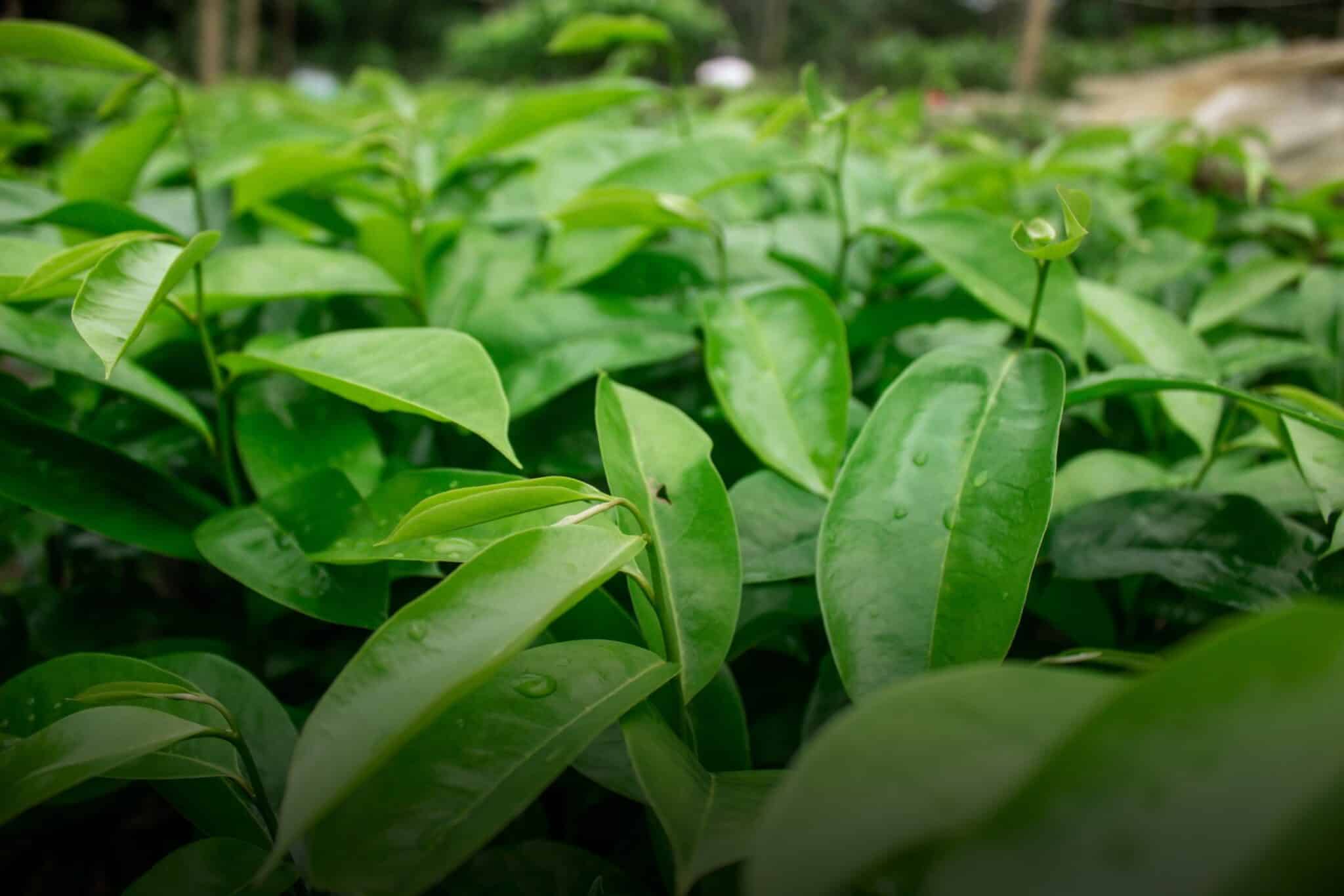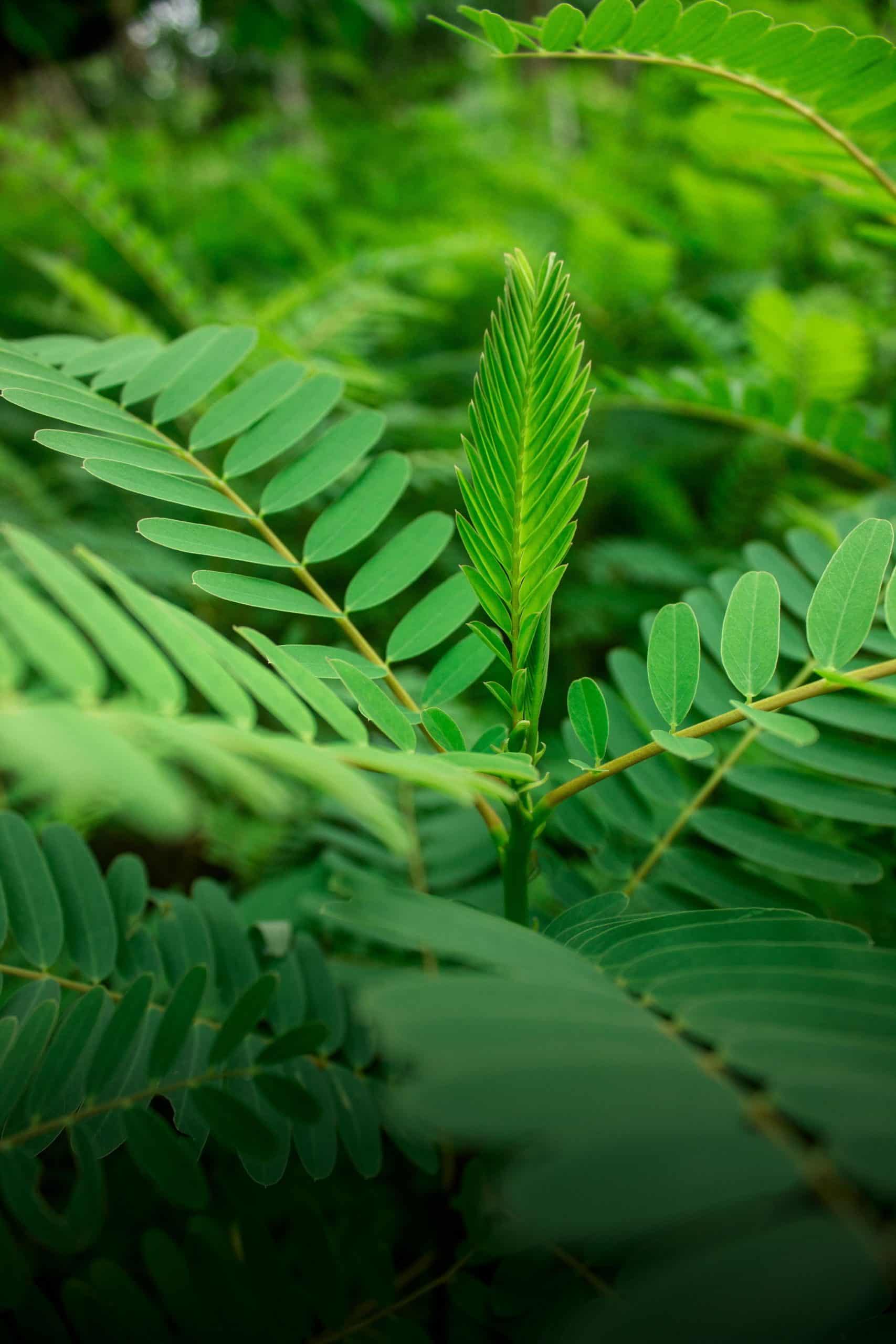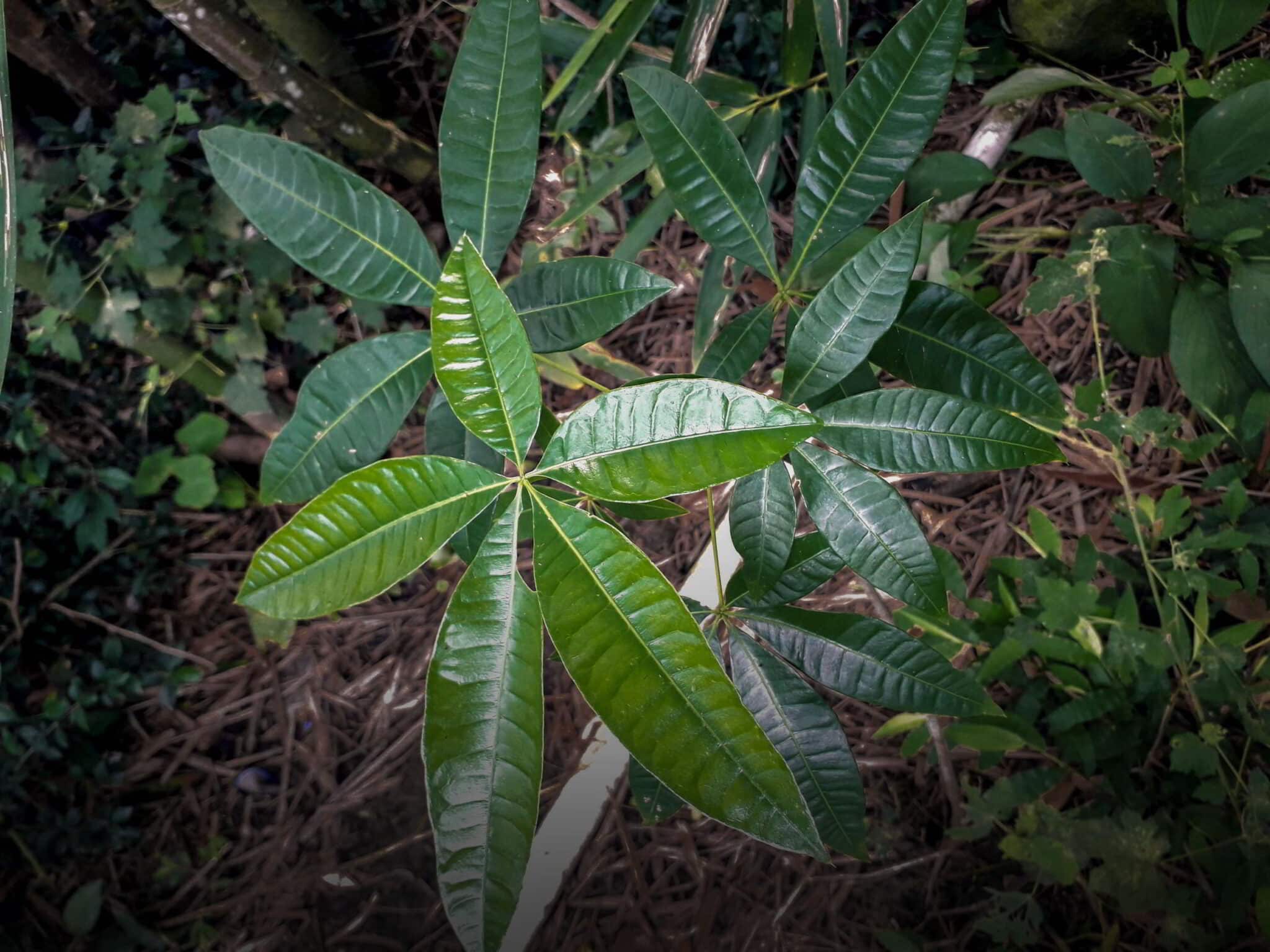The aromatic leaves of salam, either fresh or dried, are used as a spice in many South-East Asian meat, fish, rice and vegetable dishes. Its use is comparable to that of laurel leaves (bay-leaves) in European cuisine
Continue readingMangosteen (Garcinia mangostana)
Mangosteen, a small, slow-growing, evergreen tree, is a tropical plant that cannot thrive in temperatures that are less than 4 degrees celsius, nor tolerate temperatures above 38 degrees celsius. The trees are mostly grown to be used as a food source, timber, and medicine.
Continue readingKawista (Limonia acidissima)
Wood Apple trees, small in size only growing up to 12m tall, have numerous, slender branches. They thrive in a monsoon or seasonally dry tropical climate. As a food source, Wood Apple fruit can be eaten plain or mixed into a variety of beverages and desserts or preserved as jam.
Continue readingSoursop (Annona muricata)
A slender, evergreen tree that grows only 5-10 meters in height and 15 centimeters in diameter. They are known to survive in humid tropical and subtropical lowlands.
Continue readingTuri (Sesbania grandiflora)
Agathi, the common name for the lowland species called S. grandiflora, is well adapted to hot, humid environments. It has an outstanding ability to tolerate waterlogging and is ideally suited to environments with seasonal floods. Its fast growth and availability within a year of planting make it a locally popular fuelwood.
Continue readingPacira (Pachira aquatica)
Money Tree is a tropical tree that is commonly grown as a houseplant. They are also known to bring good luck and prosperity to its owner. Its raw seed tastes like peanuts, when roasted tastes like cocoa, and when fried in oil it has the flavour of chestnuts.
Continue reading





